Georges Abdallah, a 74-year-old Lebanese teacher and Marxist activist, was released from a French prison on Friday after serving 41 years. Convicted in 1987 for his role in the murders of American and Israeli diplomats in France, Abdallah became a powerful symbol for the Palestinian cause, especially among leftist and pro-Palestinian movements.
Despite his lengthy imprisonment, his image remained a mainstay at left-wing rallies and on protest banners. French authorities finally released him on the condition of immediate expulsion, with Abdallah scheduled to return to Beirut.
From Revolutionary Roots to Prolonged Imprisonment Amid International Pressure and Political Controversy
Born in 1951 into a Christian family in northern Lebanon, Abdallah was deeply affected by the Lebanese civil war and Israeli military interventions in 1978 and 1982. In response, he co-founded the Lebanese Armed Revolutionary Factions (LARF), a Marxist group committed to fighting Israeli and American influence.
The group launched several attacks in France, including the assassinations of diplomats Charles Ray and Yakov Barsimantov. Abdallah was arrested in 1984 in Lyon, initially on lesser charges, but later linked to the murders after a weapons cache was found in his flat.
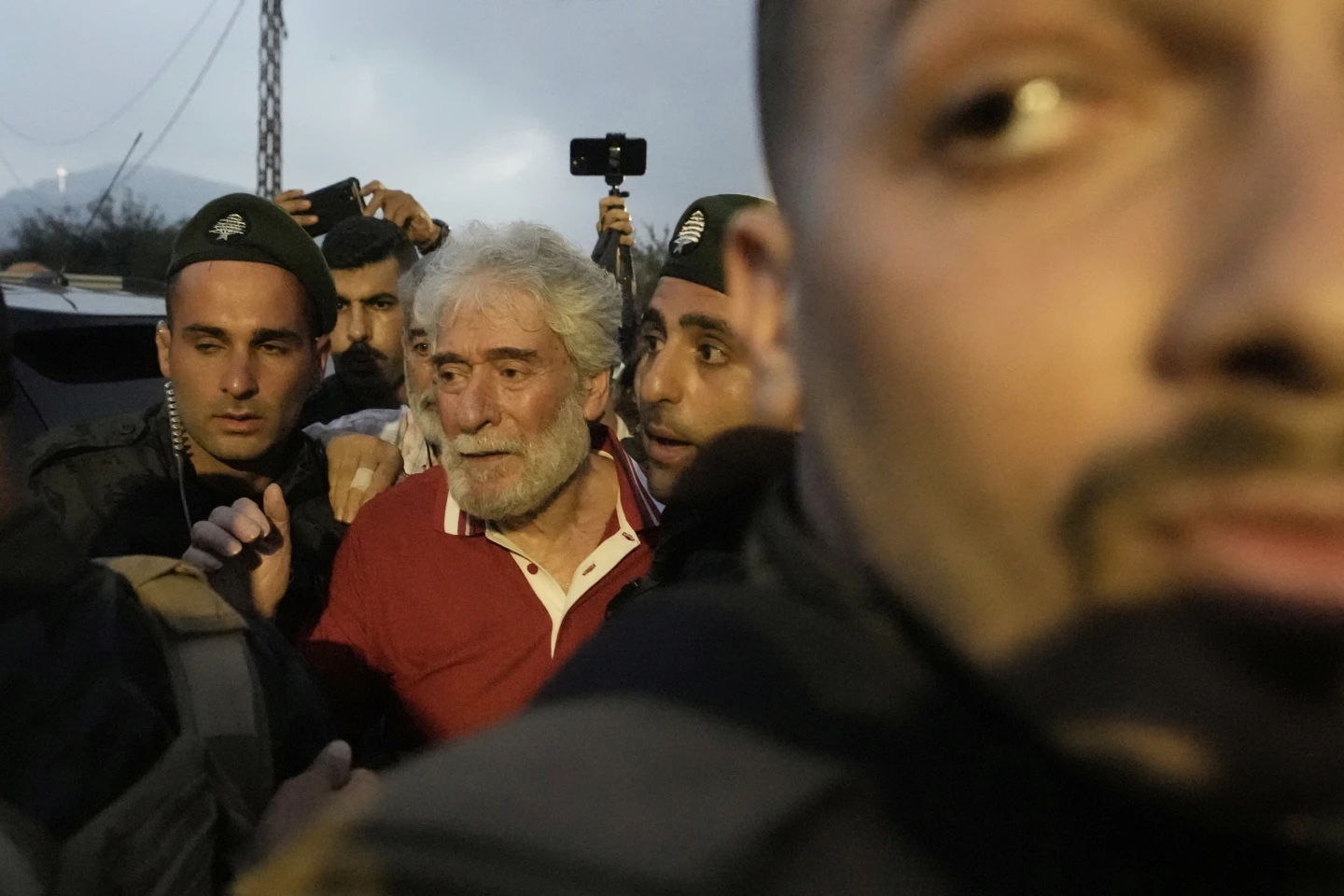
Though eligible for parole since 1999, Abdallah’s release was consistently blocked, allegedly due to political pressure from the United States and Israel. In 2013, then-US Secretary of State Hillary Clinton urged the French government to contest a court’s decision to release him, a message later exposed by WikiLeaks.
Interior Minister Manuel Valls ultimately refused to sign the necessary expulsion order, prolonging Abdallah’s imprisonment. His supporters argued that his continued detention was politically motivated and disproportionate.
Unbroken Behind Bars: Abdallah’s Resolve, Controversial Legacy, and Return to a Divided Homeland
Despite the decades of confinement, Abdallah remained mentally resilient by dedicating himself to the Palestinian struggle. He maintained a disciplined life, surrounded by images of revolutionary icons like Che Guevara and global messages of solidarity.
Speaking from his cell, he emphasized how his political convictions helped him endure the psychological toll of long-term imprisonment. His lawyer described him as the longest-serving prisoner linked to the Israeli-Palestinian conflict, noting how even the harshest Israeli sentences had not reached 41 years.
Abdallah’s release has reignited debate in France and beyond. Some, like Nobel laureate Annie Ernaux, view him as a victim of unjust political imprisonment, while others see him as a convicted terrorist. Yves Bonnet, a former French intelligence chief, stated Abdallah was treated worse than a serial killer due to US pressure.
The French appeals court ruled his continued detention “disproportionate” and emphasized he no longer posed a threat. Now back in Lebanon, Abdallah remains a divisive yet enduring figure in the complex history of Middle Eastern resistance and Western geopolitics.






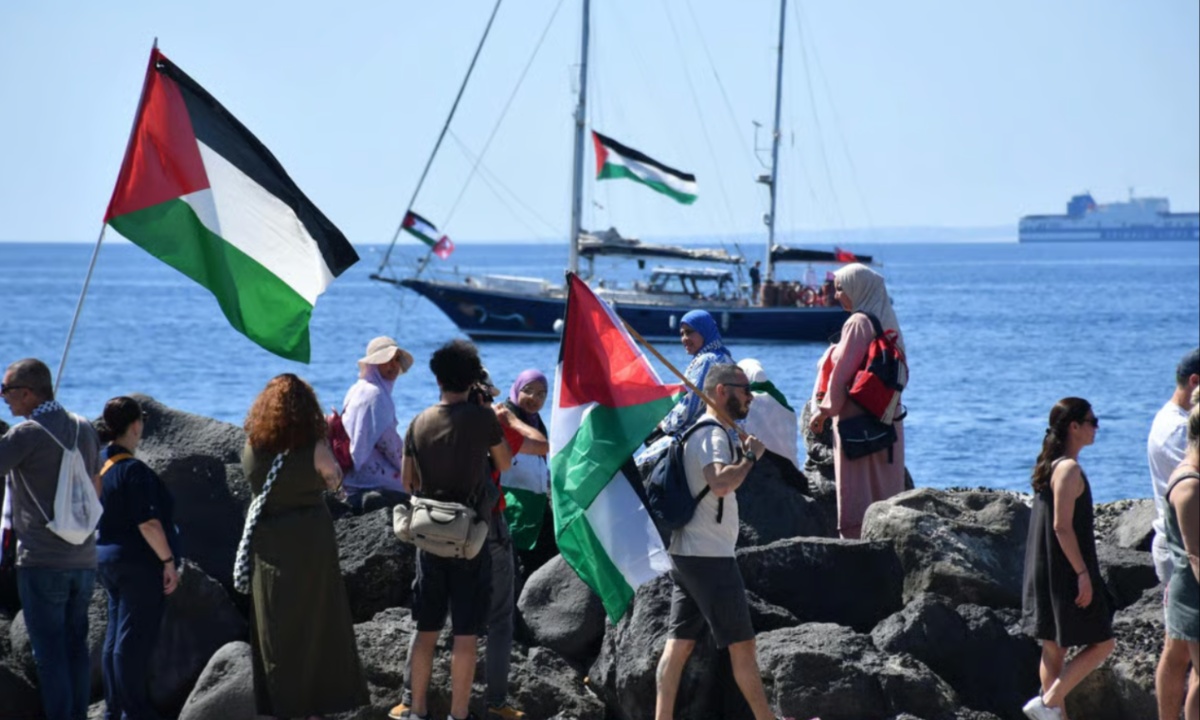

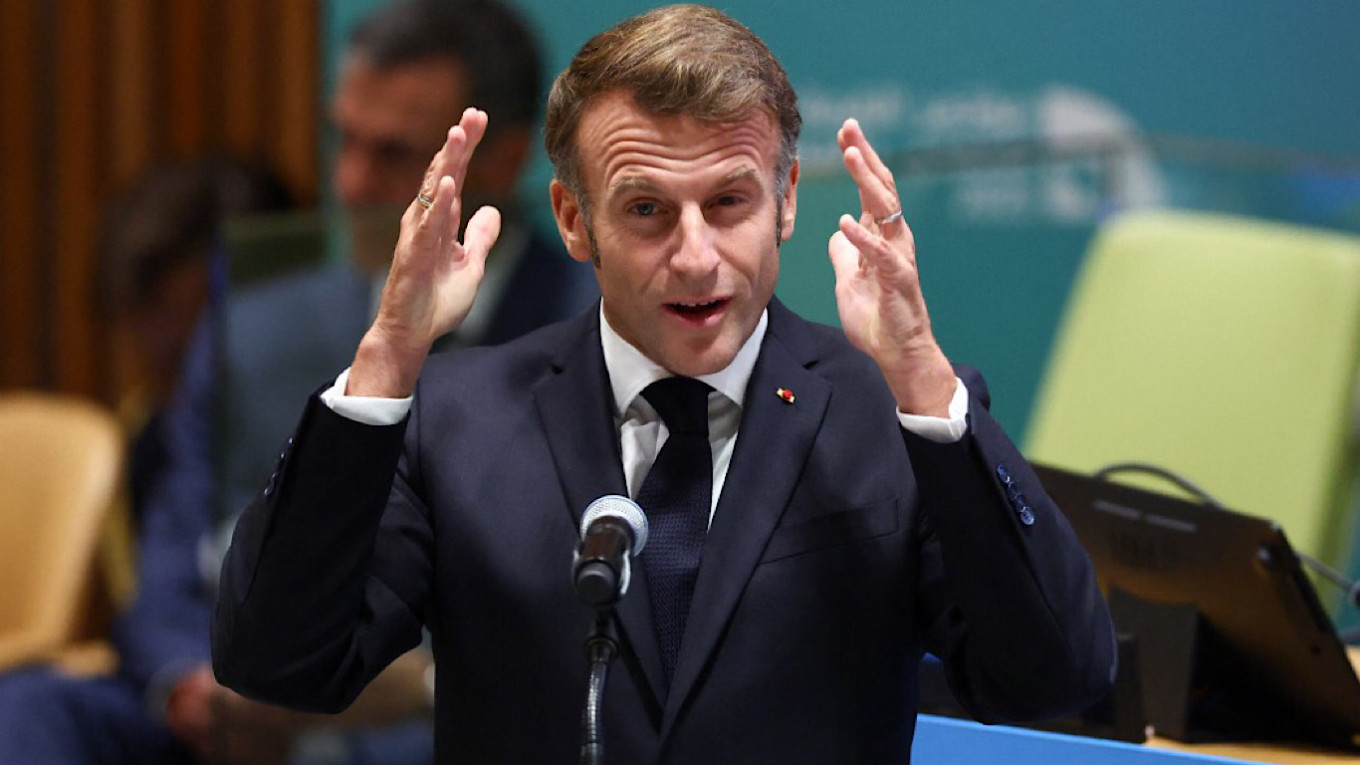
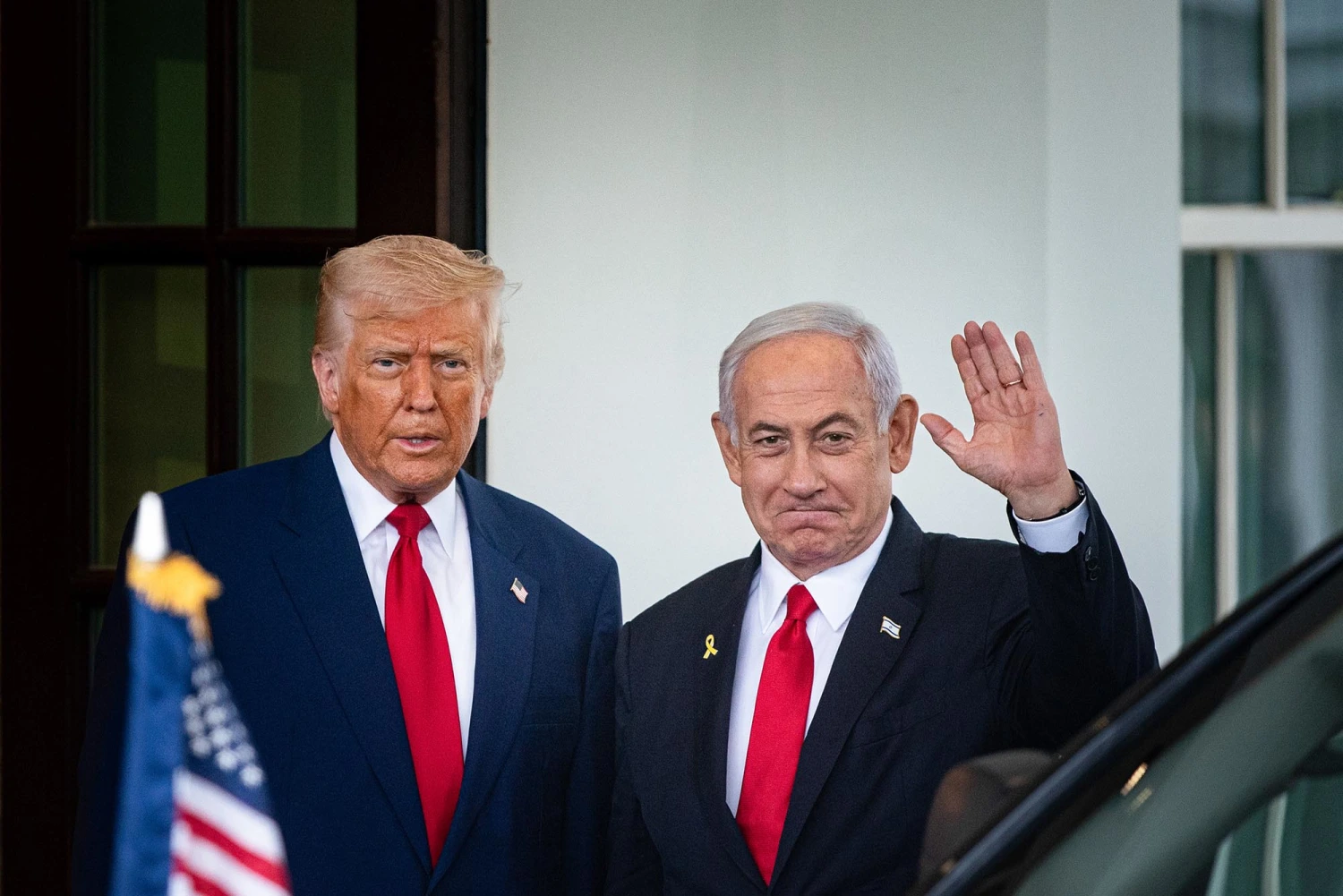
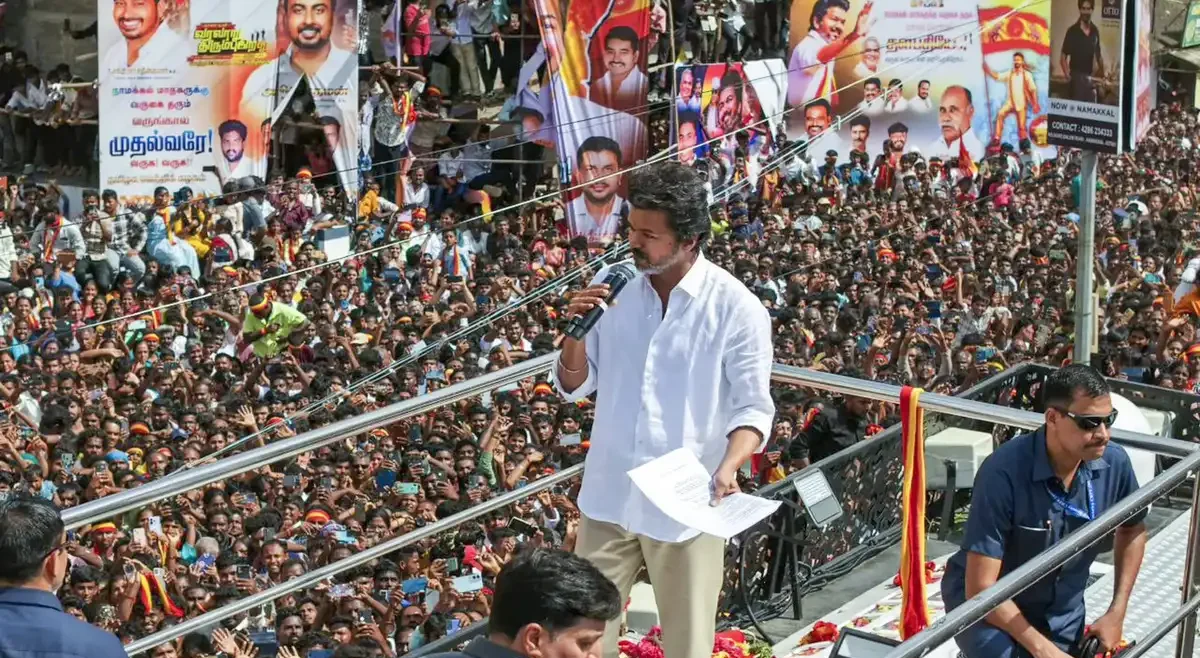
Leave a Reply